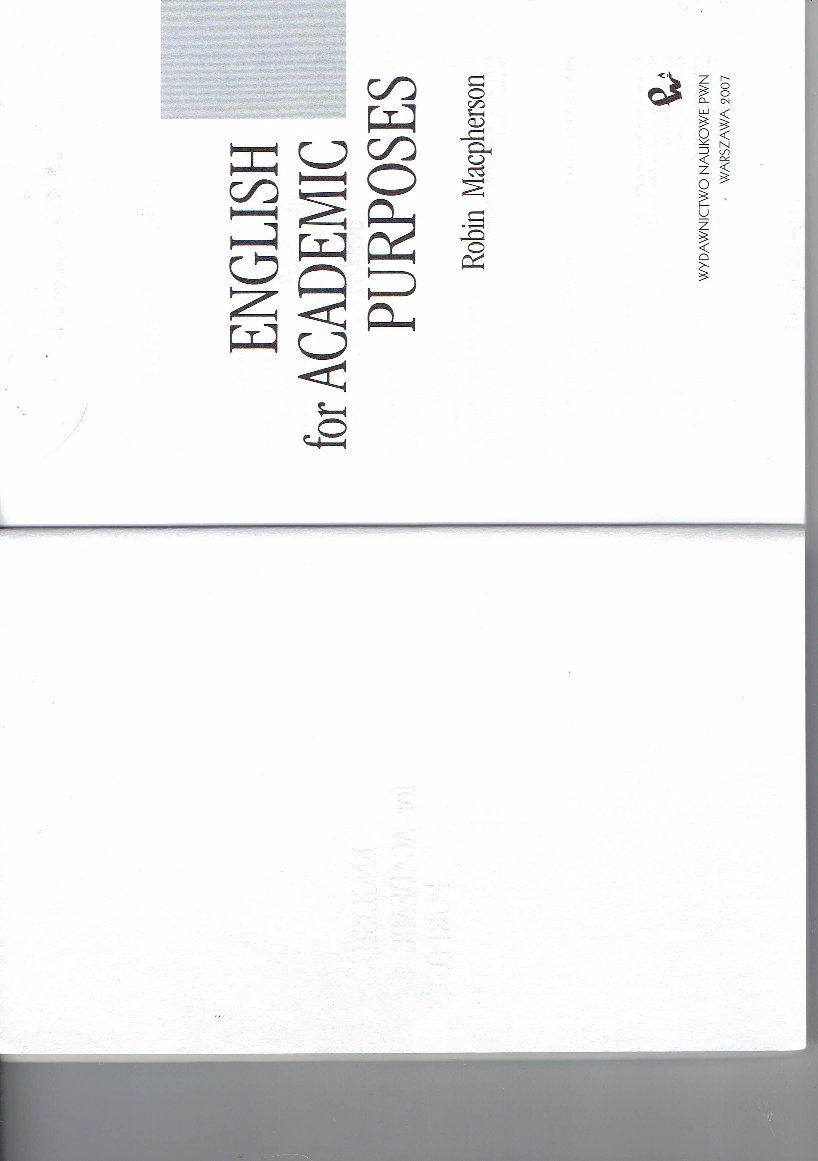

We believe that the results show the judicial solution to the arbitrator’s dilemma, that is, the due consideration of the circumstances of any case, disregarding the rigid application of any theories. Non-signatories’ involvement in the relationship underlying the dispute is essential, absent a clear expression of it in the contract. In our view, the analysis of those courts’ decisions is perhaps a reminder that when considering non-signatory issues, the relevant facts of the case are always what matters the most. In particular, through the raw data underlying the Kluwer Research, we have identified cases at the enforcement stage, in which courts had to decide whether, despite the apparent lack of consent, non-signatories were correctly brought into arbitration proceedings. This article contributes to the debate on non-signatories by relying on the Kluwer Research project. Loukas Mistelis and Giammarco Rao, The Judicial Solution to the Arbitrator’s Dilemma: Does the ‘Extension’ of the Arbitration Agreement to Non-Signatories Threaten the Enforcement of the Award? Where they have done so, there does not appear to be a consensus on how the law applicable to the arbitration agreement should be determined and what significance a choice of law clause in the main contract has in this regard. Notably, less than half of the courts in this data set have engaged in a meaningful conflict of laws analysis. This article examines which arguments for invalidity were more successful than others and how courts have determined the law applicable to the (in)validity of the arbitration agreement. It was confirmed in under one-third of those cases. Although sometimes cited as one of the most common grounds for setting aside an award or refusing its recognition and enforcement, the invalidity of the arbitration agreement was raised in less than one-fifth of those decisions. This article is based on a data set of over 1,000 judicial decisions in setting aside, recognition and enforcement proceedings. Maxi Scherer and Ole Jensen, Empirical Research on the Alleged Invalidity of Arbitration Agreements: Success Rates and Applicable Law in Setting Aside and Enforcement Proceedings

An overarching conclusion would be that courts overwhelmingly enforce foreign arbitration awards, in 73% of the cases in the data set, without significant variations between courts in various jurisdictions, and, respectively, overwhelmingly refuse to vacate arbitral awards, with courts vacating in only 23% of cases, again without significant variations between courts in various jurisdictions.

The results of the research are presented in the article below. In addition to these grounds, several others, outside the two instruments mentioned above, have been identified in the data set. The research coded every argument raised by defendants challenging the recognition and enforcement of awards based on grounds set forth in Article V of the United Nations Convention on the Recognition and Enforcement of Foreign Arbitral Awards, as well as every argument raised by claimants to challenge awards based on the grounds set forth in Article 34 of the United Nations Commission on International Trade Law (UNCITRAL) Model Law on International Commercial Arbitration. Those decisions were rendered by national courts in 74 different jurisdictions. The empirical research in this article relies on a data set including all national court decisions on recognition, enforcement and setting aside (vacatur) of international commercial arbitration awards available in the Kluwer database that were rendered from 1 January 2010 to 1 June 2020.Within the time parameters of this study, there were 504 vacatur actions and 553 offensive recognition and enforcement actions. Hall and Monique Sasson, Empirical Analysis of National Courts Vacatur and Enforcement of International Commercial Arbitration Awards Paul R.We are happy to inform you that the latest issue of the journal is now available and includes the following contributions: Reviewers' experience, expertise, thoughtful comments, and thorough reviews help the AMA Journal of Ethics ® motivate our journal's educational mission.


 0 kommentar(er)
0 kommentar(er)
